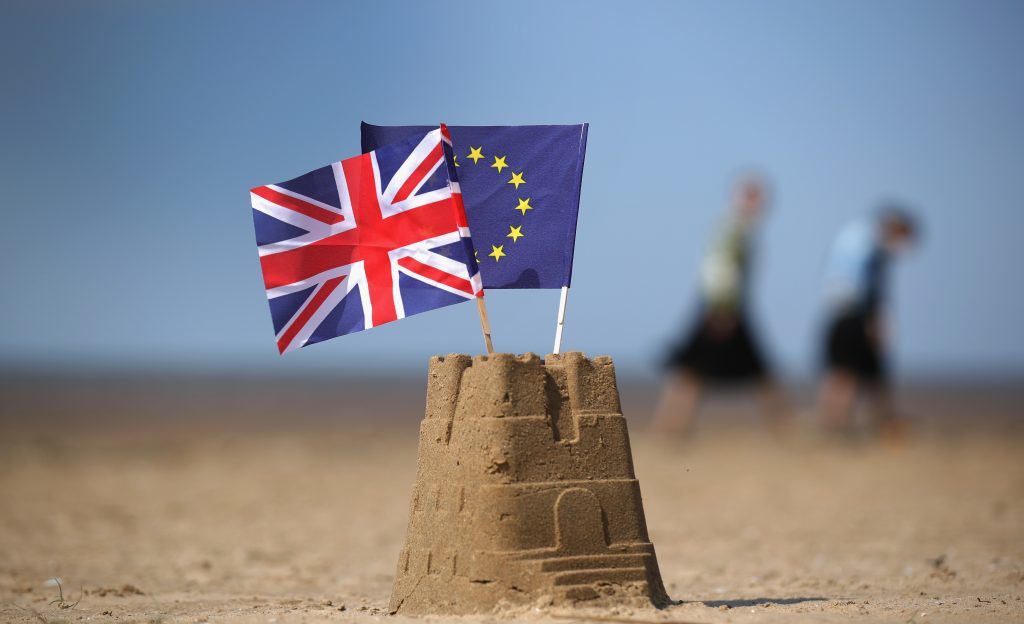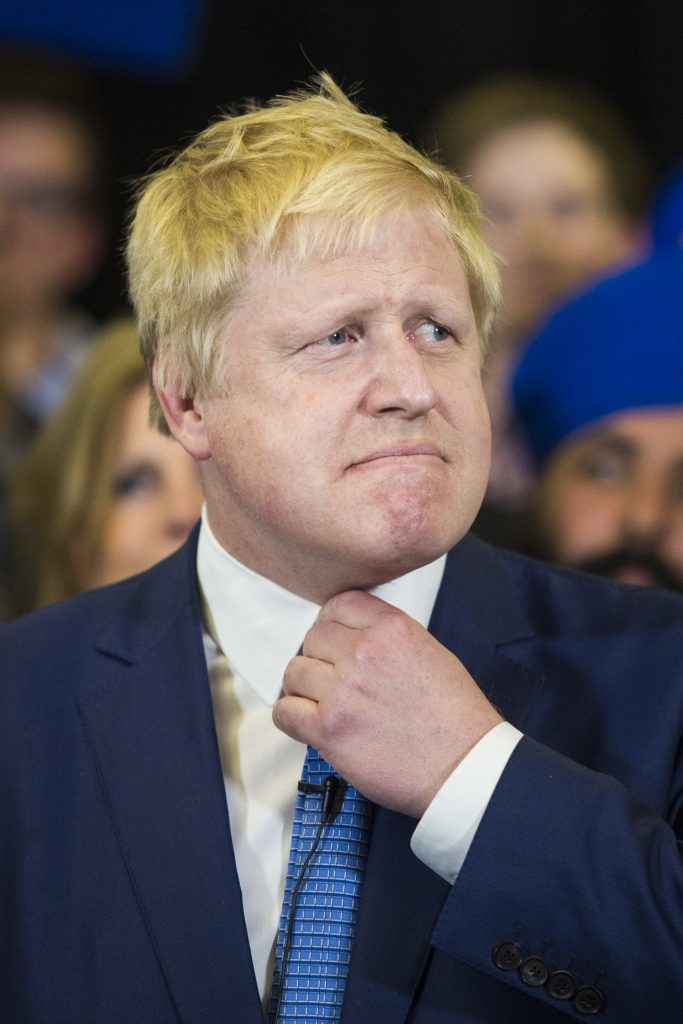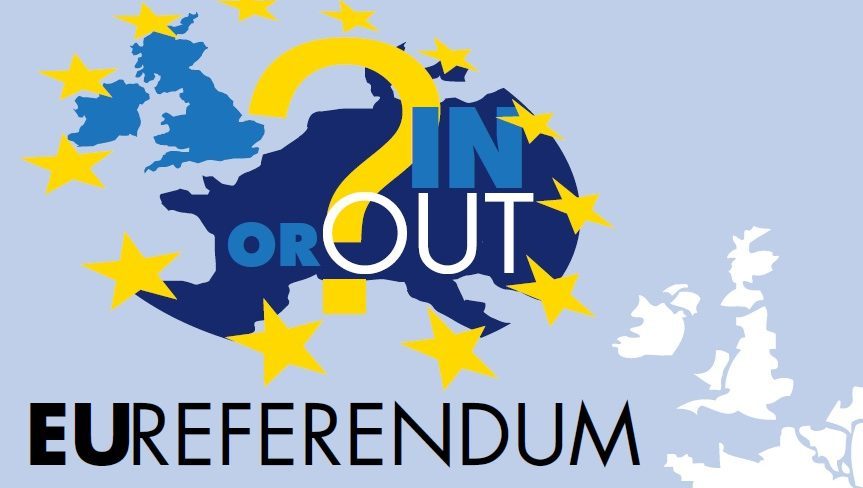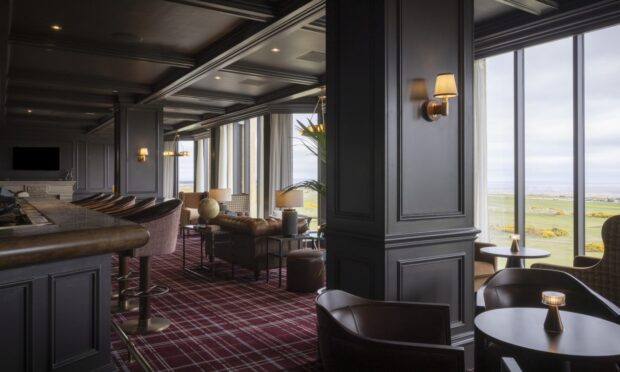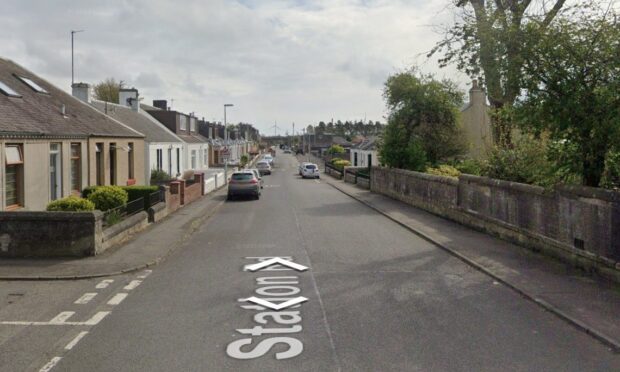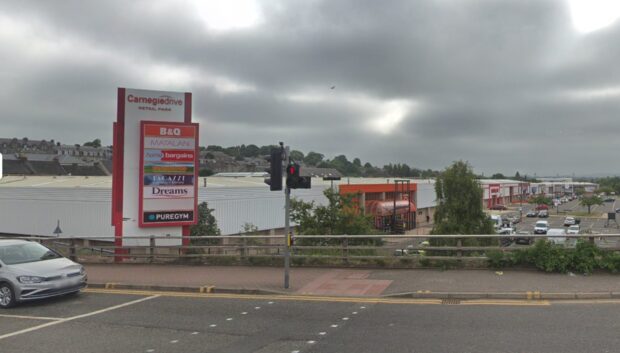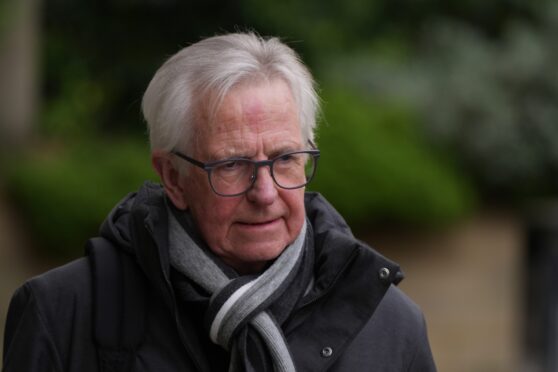Ahead of the EU referendum on June 23, the East Neuk of Fife is hosting a debate on whether Britain should leave or stay in the European Union. Here, the speakers who wll be speaking in Pittenweem for and against leaving the EU give Michael Alexander the outline of their cases ahead of the debate
STAY IN THE EU: Stephen Gethins, North East Fife MP and SNP Europe spokesperson
Perth-raised Dundee University law graduate Stephen Gethins is the MP for North East Fife and the SNP’s spokesperson on Europe.
Here, the former special adviser to former First Minister Alex Salmond, who helped Scottish organisations gain influence and funding in the EU through Scotland Europa, explains why be believes Scots should vote to stay in the European Union:
“Just when you thought it was safe to out after the Scottish Parliament elections, we still have the EU referendum to go,” writes Stephen Gethins.
“While those elections are very important for our schools, hospitals and public services, the outcome of the referendum also has significant implications for our future.
“The EU has not only delivered 70 years of peace and prosperity and continues to do so, it also delivers positive impacts across every area of our lives.
“I believe that membership of the European Union has made us wealthier, healthier and greener. The way we do things is fairer and membership has strengthened our economy.
“Membership of the European Union has made us wealthier.
“Being part of the European Union benefits business, particularly small businesses as it gives then access to shared markets and an increased openness to flows of trade, investment and labour. Exports to other EU countries make up about half of goods exports and about 44% of total exports. This has been particularly good for the food and drink sector which is so important to Scotland not least North East Fife. Consumers also benefit from access to cheaper and better-quality goods.
“Membership of the European Union has made us safer.
“The democratic workings of the EU has allowed us to establish close relationships with our EU partners so we can work together and adapt to the threats faced by the modern world.
“If the UK choses to leave the EU we may lost direct access to some of the arrangements such as the European Arrest Warrant, the European criminal records system and EU-Interpol co-operation that are vital for doing what we can to combat terrorism and other forms of crime.
“Membership of the European Union has made us greener.
“We have worked together on shared environmental policies because we realise that protecting the environment is bigger than individual member states, we have to see the wider picture of climate change we have to do that together. That has been good for jobs in terms of harnessing renewable energy such as the huge potential of tidal power. It has also helped in concrete ways such as air quality for example tackling the scourge of acid rain was a direct result of the actions of the EU.
“Membership of the European Union has made us fairer.
“Membership of the EU has also resulted in improved working conditions for people, for example, via regulations such as the Working Time Directive designed to prevent employers requiring their workforce to work excessively long hours, with implications for health and safety. EU legislation has also helped with non-discrimination and the introduction of parental rights which have benefited so many families.
“In terms of Scotland’s role in the EU, we want to grow our influence in the EU to benefit Scottish jobs, businesses, our economy and our society. Tourism is vital to Scotland with overseas visitors spending £1.8 billion in 2014 – around £900 million of which was from visitors from within Europe.
“On June 23 it will be your chance to decide where we go from here, a vote to remain is a vote to ensure we are wealthier, healthier, greener, fairer and safer.”
LEAVE THE EU: Paul Henke, former chairman of the UK Independence Party in Scotland
Balfron author and UKIP member Paul Henke is the Eurosceptic party’s former Scottish chairman. More than two years ago he was given a 100-year membership ban by UKIP after he and other members protested about the appointment of David Coburn as a European Parliament candidate. But this ban was later overturned by a judge.
Here, he explains why he believes Scots should vote to leave the European Union:
“The European Union is on an inexorable journey to a Federation of Union States, controlled and run by unelected officials in Brussels, ” writes Paul Henke.
“This objective was made clear when Frenchman Jean Monnet, one of the founding fathers of the EU said: “Europe’s nations should be guided towards the super state without their people’s knowing what is happening. This can be accomplished by successive steps, each disguised as having an economic purpose, but which will eventually and irreversibly lead to federation”.
“This was when the original Treaty of Rome was implemented on 1st January 1957. This is precisely what is happening. Very cleverly, the arguments are being based on commercial matters and not the far bigger issue of political control and our democratic rights. To back up the objectives of this elite who see themselves as the rightful rulers of Europe we have the European Court of Justice. When it was set up it was intended that all judgements must always be in favour of closer political union. The court has little to do with justice but further integration.
“The big question we have to face is how bad has it become? The answer is in the famous “Metric Martyr” High Court judgement of 2001. Judge Morgan ruled that because of the European Communities Act of 1972 “We are now living under a new legal order. Parliament surrendered its sovereignty in 1972. The doctrine of the primacy of European Law holds good. European Union laws have over-riding force with priority over our laws.” This judgement was confirmed on appeal.
“This means that our democratic rights have been eroded to an extent we seem incapable of or unwilling to acknowledge.
“The problem is, although this is the most important reason to leave the EU, the argument has been brought down to a commercial one. So we have to enter the same battlefield as those arguing to remain under the rule of Brussels.
“Here are a few examples of the effects of the EU on British life and wealth – Britain’s fishing industry has been wrecked.
“According to the Paris based Organisation of Economic Co-operation the Common Agricultural Policy has cost every family of 4 in the UK £1,000 more in food costs than we needed to have paid. This is due to the massive subsidies we make to inefficient European farmers.
“Mass immigration has put an unacceptable strain on social housing, the NHS, transport, schools and very significantly, wages. I want to emphasise mass. Selective and controlled immigration is very good for any economy. However, we should allow people in who we want and not those who have a right to come whether we want them here or not.
“Only by leaving the EU can we take back democratic control, the supremacy of British courts and control of our borders.”
malexander@thecourier.co.uk
*The East Neuk Debate will be held in St John’s Episcopal Church, Marygate, Pittenweem on Thursday May 12 at 7.30pm. Doors open at 7pm and entry is free with no tickets required.
